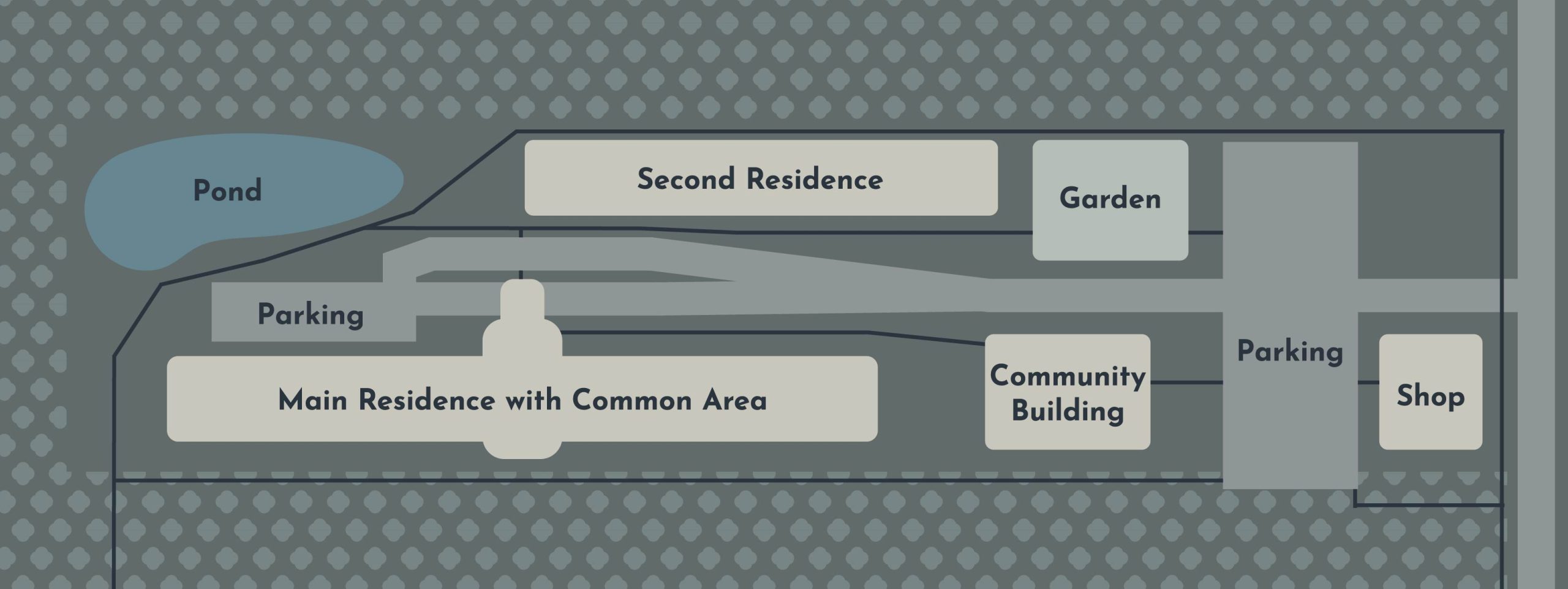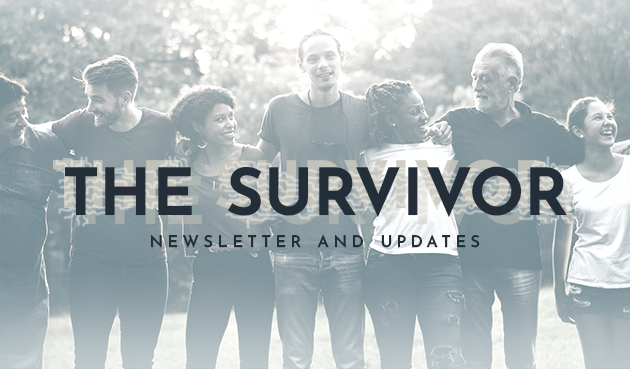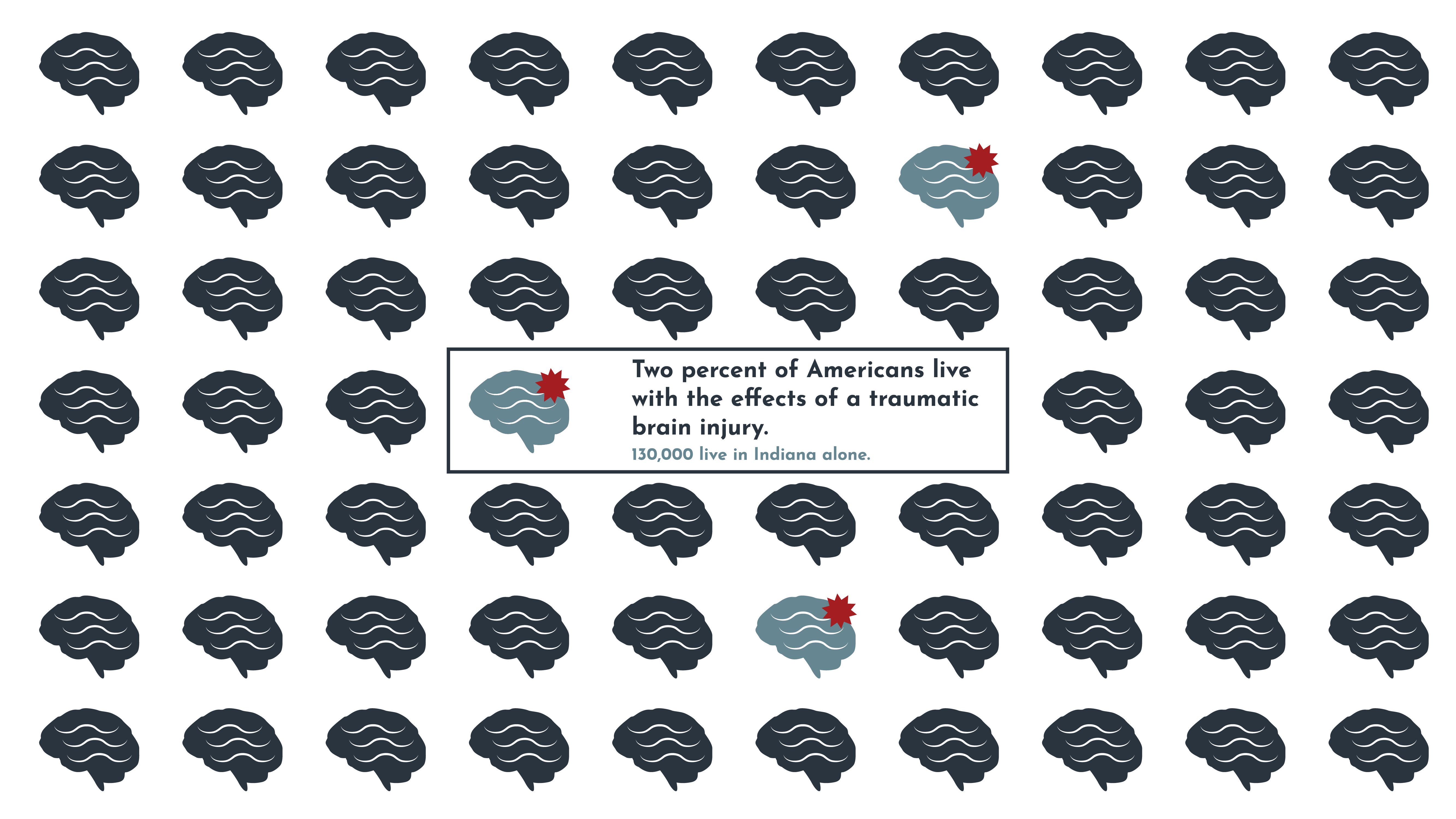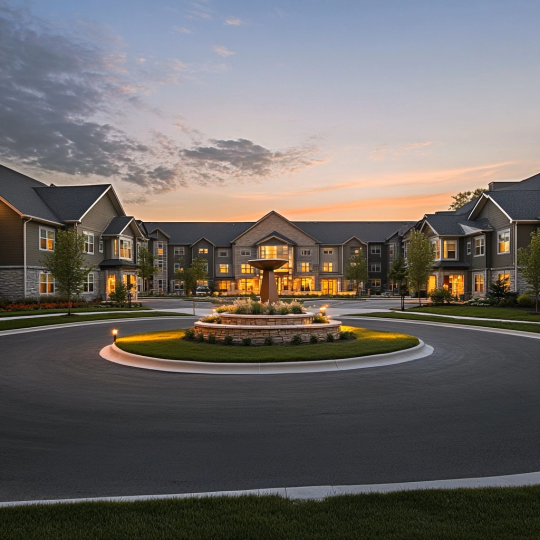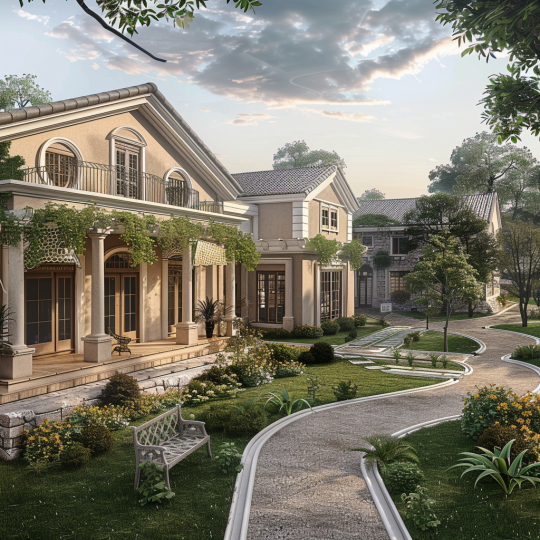Phases of Development
The family-like environment at Villa Licci will be designed to include shared common spaces and provide planned social opportunities. This is intended to nurture friendships which contribute to an overall sense of belonging and well-being for all residents. Villa Licci will be a pioneer in providing TBI survivors with a residential setting in which they can find and form a sense of community and belonging.
Phase I
The first phase of this project was to identify and acquire property that would meet the planned development needs. In April 2021, a 13-acre property located in central Indiana was purchased. Funded by a group of parents of TBI survivors, this completed the initial phase.
Phase II
The next phase of this project begins with the selection of the site development partners for architecture, engineering, and construction. It will conclude with the completion of the initial community residence. This residence will feature the first residential building which contains one- and two-bedroom apartments. In addition, a gathering room, common space, and a chapel are in the plans. Around the community, there will be walking paths, gardens, recreation spaces, and a pond, encouraging residents to partake in outdoor and physical activities.
Apartments are intended to be equipped with various private living features such as a kitchen, laundry facilities, a living room, and an outdoor space. Because of the vast spectrum of TBI-related disabilities, each unit will be outfitted to best suit both the abilities of the survivors and the challenges they face. This will include wheelchair accessible rooms and easily maneuverable spaces. We are currently in the beginning stages of this phase.
Phases III and IV
These future phases will consist of expanding the community by erecting a second residential building, adding a community center, and enhancing the landscaping for the residents to enjoy. The timeline for these phases is to be determined.
Over the next five years, Villa Licci will continue its capital campaign, break ground, and begin construction on its first residence. The target move-in date for the first residents is 2027. Would you please consider contributing towards this capital campaign and ensuring these TBI survivors have a community to belong to?


